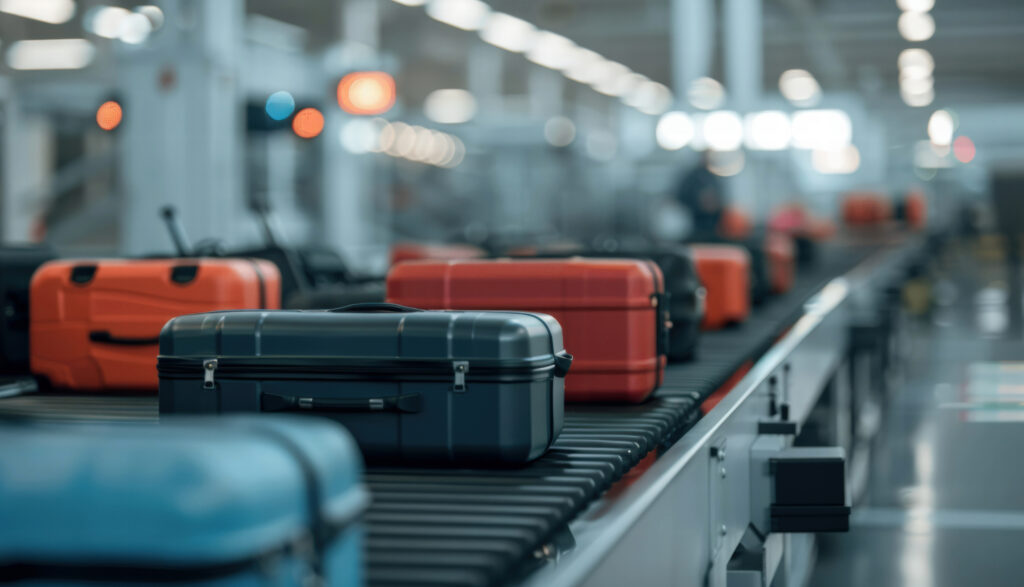IATA has launched a 10-year Global Baggage Roadmap aimed at transforming baggage operations worldwide through greater digitalisation, automation, and industry collaboration.
Developed with input from airlines, airports, and key industry stakeholders, the roadmap outlines strategic goals to improve operational efficiency and passenger satisfaction. Recent IATA research shows 81% of travellers want better baggage tracking, 74% expect real-time updates via mobile, and 67% would adopt electronic bag tags.
The roadmap is structured around three core pillars:
- Baggage Tracking & Automation: Enhancing real-time visibility through technologies like electronic baggage tags, GPS tracking, and robotics to improve transfers, arrivals, and customer peace of mind.
- Improved Baggage Claim & Fraud Prevention: Optimising the claims process and strengthening fraud protection to accelerate resolution and enhance the overall customer experience.
- Information Exchange & Data Standardisation: Replacing legacy systems such as teletype with API-driven messaging standards to streamline data flow, reduce delays, and lower the airline industry’s annual USD 1 billion spend on outdated tech.
“This roadmap builds on earlier initiatives and offers a holistic vision for the next decade,” said Monika Mejstrikova, IATA’s Director of Ground Operations. “With industry-wide collaboration, we’re positioned to deliver the kind of digital, automated service that travellers now expect.” The roadmap supports IATA’s broader agenda to modernise ground operations, bolster safety, and align baggage handling with consumer expectations. IATA will provide guidance, training, and ongoing support to facilitate industry-wide adoption.


